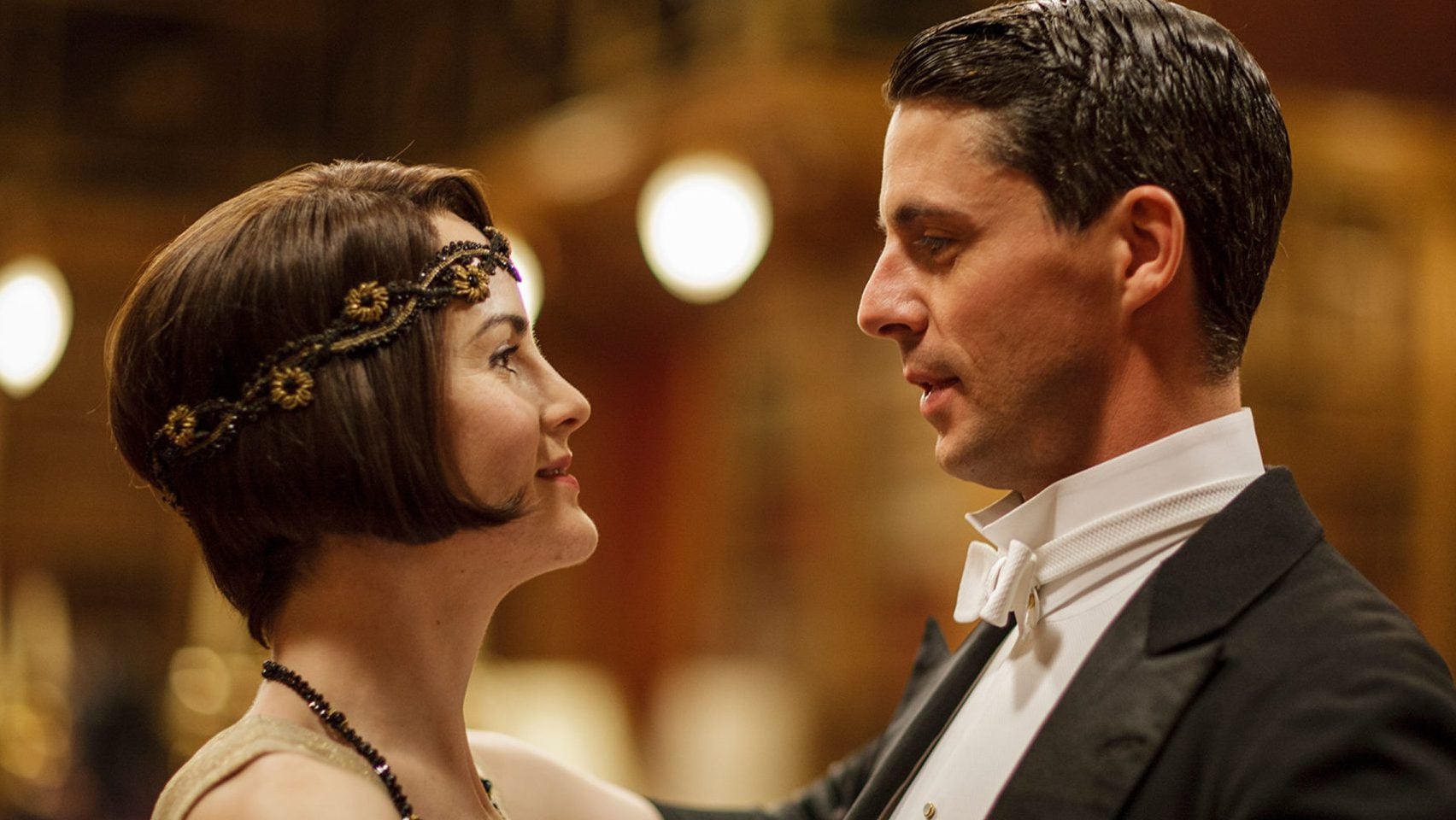The “Downton Abbey” film is happening, but it’s best to keep your expectations low
The catalog of films based on recently ended television shows is not impressive. Downton Abbey, the series that brought literal gold to the golden age of TV, will soon join it.


The catalog of films based on recently ended television shows is not impressive. Downton Abbey, the series that brought literal gold to the golden age of TV, will soon join it.
Michael Edelstein, president of NBCUniversal International Studios (owner of Downton Abbey production company Carnival Films), told the Associated Press that filming on a Downton Abbey movie will begin in 2018. “We are working on getting the script right and then we’ve got to figure out how to get the [cast] together,” he said. “Because as you know, people go on and do other things.”
The Emmy-winning series, which aired on PBS in the US and ITV in the UK, ended in 2015 after six seasons. It followed the goings-on of an aristocratic family and their domestic servants in a Yorkshire, England estate during the early part of the 20th century. Perhaps the decade’s pinnacle achievement in soapy melodrama, Downton Abbey was beloved by fans and most critics for its compelling cast and lavish period costumes and sets.
As with many popular TV shows, rumors of a Downtown Abbey movie cropped up soon after it went off the air. Now, it seems, fans will get their wish. But they should probably keep their expectations in check, based on how other shows have fared when adapted for the big screen.
From Land of the Lost to Dukes of Hazard to X-Files: I Want to Believe, TV shows have routinely struggled critically and financially when turned into movies, especially if adapted for a new generation of viewers. Bewitched, for instance, the 2005 film based on the 1960s sitcom, sports a tragic 25% on Rotten Tomatoes.
More recent adaptations haven’t fared much better. Film versions of HBO’s Entourage and Sex and the City were met with near universal disdain. In both cases, critics pointed out that the films amounted to little more than longer episodes of the series—ones that fans had to pay extra to see.
The problem may be that television and film are vastly different storytelling mediums. With much more time to work with, TV writers spread out plot lines over several episodes (and seasons) and develop characters slowly. Films, meanwhile, must do all of that in two hours. Fans have found that the leap from TV to film often feels unnatural.
Plus, others have already pointed out that Downton Abbey had a nice, neat ending. Anything after it will thus seem superfluous. It’s near impossible to capture the magic of a series after years have passed, even if most of the principal cast returns. And it’s unclear how much of Downton‘s cast will be available to film next year.
The Downton Abbey film isn’t necessarily doomed to fail. Some TV-to-film adaptations, like 21 Jump Street and Veronica Mars, have found a way to work. (Critics noted that Veronica Mars worked as both nostalgia for fans of the show but also as a standalone detective thriller for those who never even watched it.) But those are rare exceptions, and fans clamoring for more Downton Abbey should probably prepare themselves for disappointment.